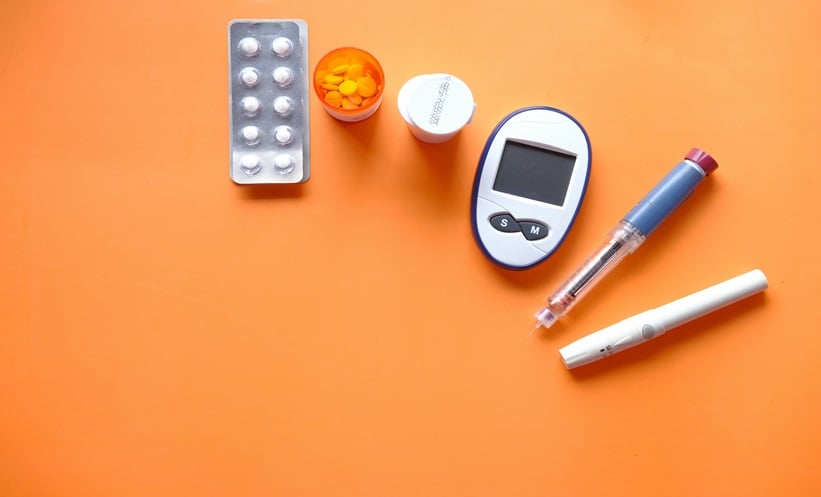LOWER risk of developing kidney stones has been associated with the use of sodium-glucose cotransporter 2 (SGLT2) inhibitors. These findings are critical, considering Type 2 diabetes is linked with a higher risk of developing kidney stones, a condition with rising incidence across the USA and the wider world.
Researchers from Brigham and Women’s Hospital, Boston, Massachusetts, USA, and Massachusetts General Hospital, Boston, conducted the analysis. Their study included data from three nationwide databases on patients with Type 2 diabetes seen in routine clinical practice. The study cohort was composed of 716,406 adults who were taking an SGLT2 inhibitor, or two other classes of diabetes medication, known as glucagon-like peptide-1 receptor agonists, and dipeptidyl peptidase-4 inhibitors.
Results showed that patients taking SGLT2 inhibitors had a 30% lower risk of developing kidney stones compared with those taking glucagon-like peptide-1 agonists, and a 25% lower risk than those taking dipeptidyl peptidase-4 inhibitors. These findings were found to be consistent across sex, ethnicity, and history of chronic kidney disease, as well as obesity.
Julie Paik, Brigham and Women’s Hospital, leader of the investigation, recognised the significance of their results: “Our findings could help inform clinical decision-making for patients with diabetes who are at risk for developing kidney stones.” The discovery that an association exists between SGLT2 inhibitors and a lower risk of developing kidney disease is expected to inform the treatment of patients with diabetes, and be the focus of further study.








